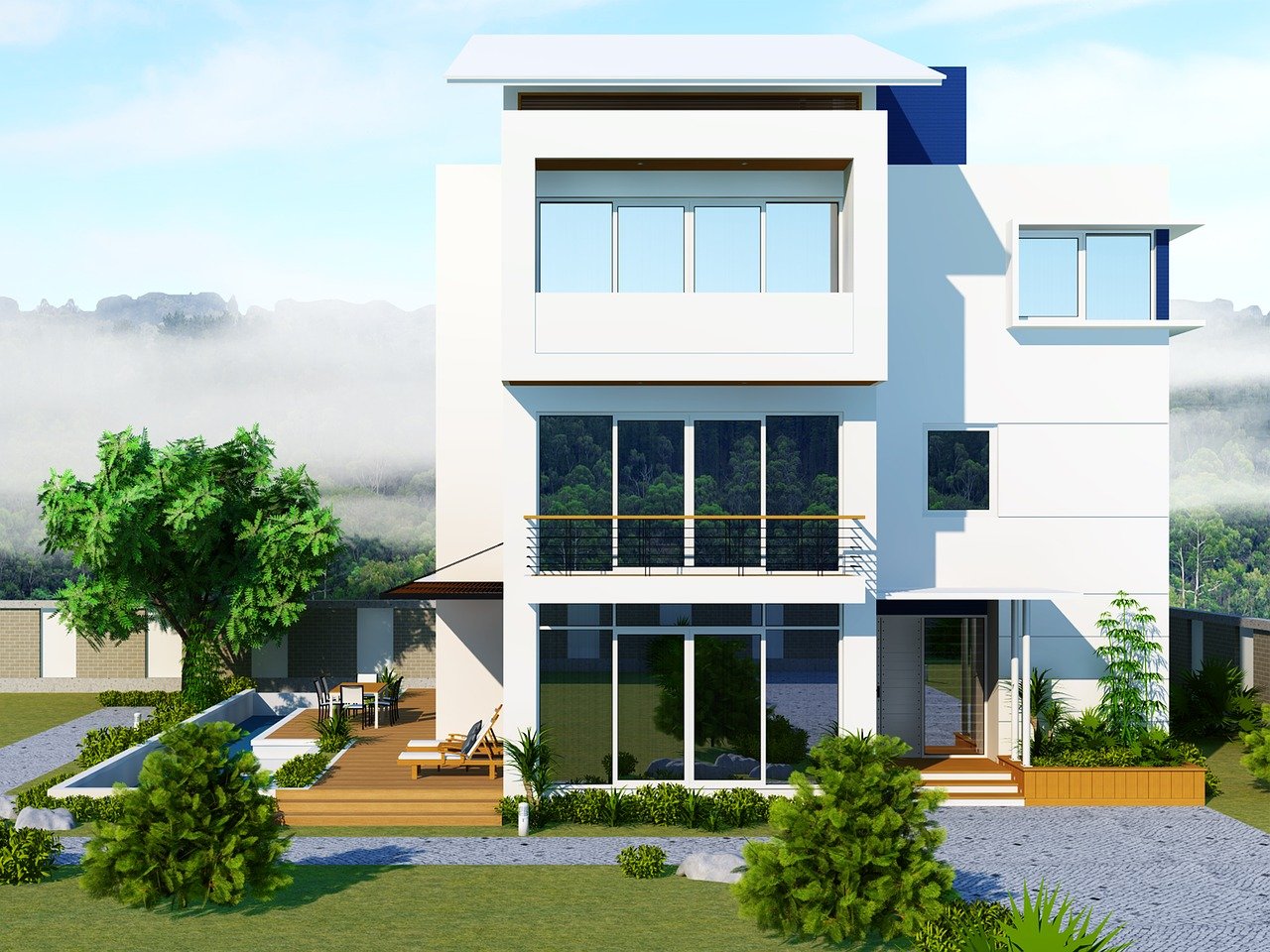Nigerian Property Marketplace
Nigerian Property Marketplace encompasses residential, commercial, and industrial real estate, each segment experiencing different trends and challenges.
Nigeria, the most populous country in Africa, has a dynamic and diverse property market that reflects the complexities of its economy, cultural diversity, and urbanization patterns. The sector has witnessed significant growth over the last decade, driven by urbanization, population growth, and foreign investment. However, Nigerian Property Marketplace faces numerous obstacles, including regulatory hurdles, economic instability, and infrastructural deficits.
Residential Real Estate Dynamics
The residential real estate sector in Nigeria is characterized by a stark contrast between supply and demand. With a growing population estimated at over 200 million, the demand for housing is immense, particularly in urban centers such as Lagos, Abuja, and Port Harcourt. Despite this demand, there remains a significant housing deficit, estimated to be around 17 million units. This shortfall is primarily due to high construction costs, limited access to finance, and bureaucratic delays in land acquisition and property registration.
Residential properties range from low-cost housing to high-end luxury apartments. The luxury segment has seen rapid development, mainly funded by wealthy Nigerians and expatriates. However, affordable housing remains scarce, contributing to the proliferation of informal settlements and slums. Government initiatives, such as the National Housing Fund and various public-private partnerships, aim to address these issues, but progress has been slow.

Commercial Real Estate Trends
Nigerian Property Marketplace is equally diverse, encompassing office spaces, retail centers, and hospitality establishments. Lagos, as the financial hub of the country, boasts a high demand for Grade A office spaces, although the supply has struggled to keep pace. This imbalance often leads to inflated rental prices, making it challenging for small and medium-sized enterprises (SMEs) to afford prime locations.
Retail real estate presents a slightly different picture. The rise of urbanization and the growth of the middle class have driven the development of shopping malls and retail centers, particularly in cities like Lagos and Abuja. Despite the economic challenges, the retail sector shows resilience, with international brands entering the market and local businesses expanding their presence. Nonetheless, the sector faces challenges such as inconsistent power supply, inadequate infrastructure, and security concerns, which can deter potential investors.
Nigerian Property Marketplace: Industrial Real Estate and its Challenges
Industrial real estate in Nigeria, although less developed than its residential and commercial counterparts, holds significant potential for growth. The sector includes manufacturing facilities, warehousing, and logistics centers, crucial for the country’s economic diversification efforts. Nigeria’s government has introduced various reforms to boost industrialization, such as the creation of special economic zones (SEZs) and incentives for foreign direct investment (FDI).
However, the industrial property market faces substantial obstacles. The most prominent are inadequate infrastructure, unreliable electricity supply, and logistic inefficiencies. These challenges increase operational costs and reduce the attractiveness of investing in industrial real estate. Despite these hurdles, there are success stories of companies that have navigated these challenges through strategic investments and partnerships.
Regulatory Landscape and Reforms
The regulatory environment of Nigeria’s property market significantly influences its dynamics. Land ownership is governed by the Land Use Act of 1978, which vests all land in the state governors, adding layers of bureaucracy to the acquisition process. This regulation, while intended to streamline land management, has often resulted in corruption and inefficiencies.
Recent reforms aim to modernize the property market by enhancing transparency and ease of doing business. The introduction of the Real Estate Regulatory Authority (RERA) seeks to protect the interests of buyers and sellers by ensuring fair practices across the industry. Additionally, digitizing land records and simplifying property registration processes are steps toward a more efficient and transparent property market.
Nigerian Property Marketplace: Summary
The Nigerian property marketplace is a complex and evolving sector that mirrors the broader economic and social landscape of the country. While it presents substantial opportunities driven by urbanization and economic growth, it also faces significant challenges, including regulatory bottlenecks, infrastructural deficits, and economic volatility. Understanding these dynamics is crucial for stakeholders looking to navigate and succeed in this vibrant market. As reforms continue to take shape, there is cautious optimism that the property market will become more structured, transparent, and accessible, ultimately contributing to Nigeria’s long-term development goals.
Got Questions?
Give us a call or send us a whatsapp message today to Schedule an inspection or for further enquires and one of our staffs would get back to you as soon as possible on Nigerian Property Marketplace. Contact God’s Grace Multiplex Int’l Limited






